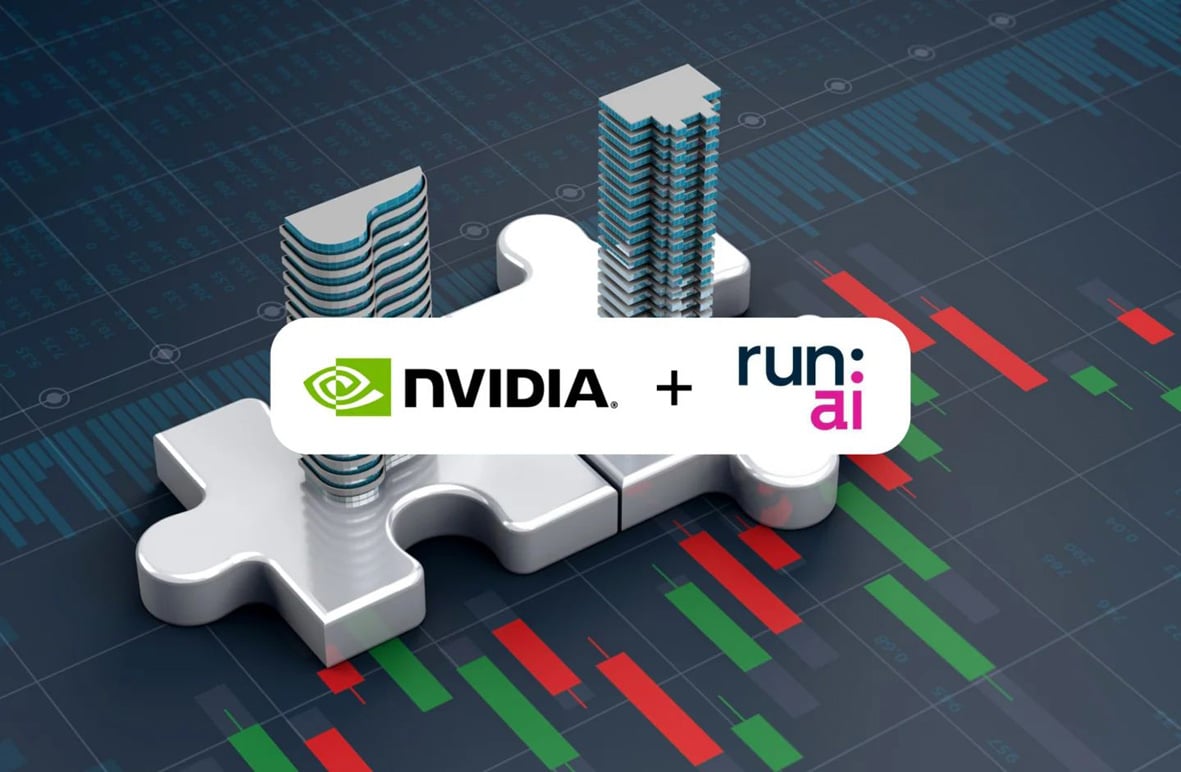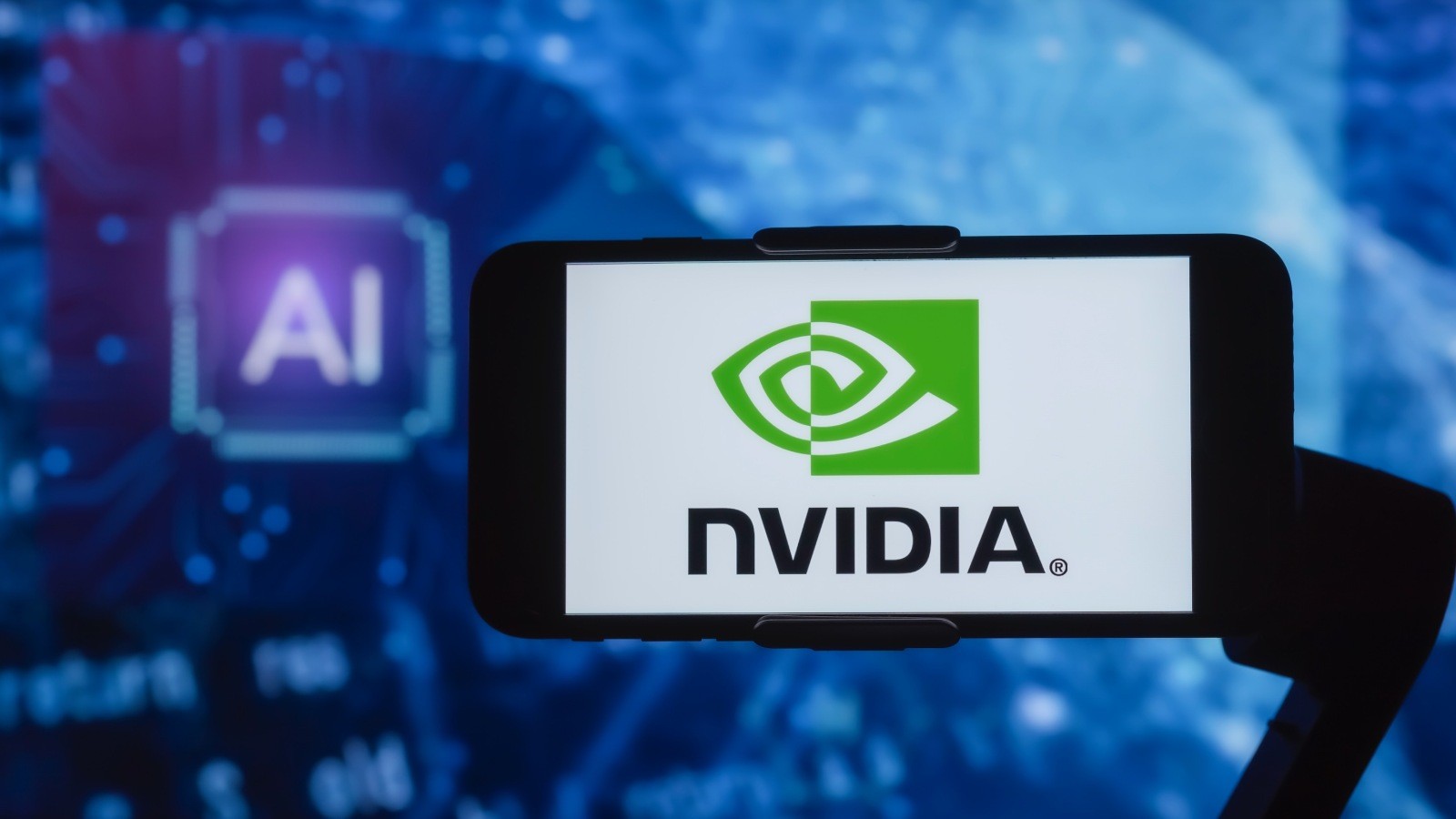NVIDIA's Acquisition of Run:ai: A Major Strategic Move in AI
I. Overview of the Nvidia’s Acquisition
NVIDIA has completed its acquisition of Israeli startup Run:ai. The deal, valued at up to $700 million, took approximately eight months to finalize. During this period, it faced antitrust scrutiny from both the European Union (EU) and the U.S. Department of Justice, but ultimately received approval from the EU at the end of 2024.
Founded in 2018 by Omri Geller and Ronen Dar, Run:ai specializes in AI software development. Its core product is a software platform designed to optimize the training and inference processes of AI models. Utilizing technologies such as dynamic scheduling, GPU pooling, and sharding, the platform can significantly boost hardware resource utilization efficiency, even achieving a 10x workload increase.
II. Strategic Significance of the Acquisition

1. Enhancing AI Solution Competitiveness and Consolidating Position
NVIDIA already dominates the AI hardware landscape. However, with the expanding demands of the current AI market, relying solely on hardware has become insufficient. By acquiring Run:ai, NVIDIA has strengthened its software capabilities. This allows for deeper integration of hardware and software, providing one-stop solutions. This strategic move aligns with its previous acquisitions of companies like Mellanox and OmniML, further solidifying its pivotal role in the global AI ecosystem.
2. Strategic Considerations Behind the Open Source Plan
● Alleviating Antitrust Pressures
The acquisition of Run:ai triggered antitrust reviews from European and American regulators due to market concerns that it could deepen NVIDIA's monopoly in the GPU market. However, Run:ai's plan to open source its software after the acquisition sends a positive signal of NVIDIA's openness. It indicates that NVIDIA does not intend to confine Run:ai's technology within its own product ecosystem but aims to build a more open AI ecosystem.
● Expanding Technological Influence
Run:ai's original software was tailored for NVIDIA systems, but after being open-sourced, developers on all platforms will have access to the source code to optimize systems equipped with other hardware, such as AMD and Intel. This increases the popularity of Run:ai's technology and indirectly enhances NVIDIA's technological ecosystem influence. Through this approach, NVIDIA can infiltrate its technology into competitors' markets, thereby strengthening its industry discourse power.
● Promoting Industry Popularization and Lowering Barriers
Run:ai's technology was originally targeted at high-end clientele, such as autonomous driving companies and medical imaging institutions. After being open-sourced, more small and medium-sized enterprises can use these tools for free, significantly reducing AI development costs and entry barriers. This not only facilitates the wider popularization of AI technology but also expands the potential market for NVIDIA's hardware.

III. Post-Acquisition Plans and Development
1. Talent and Expansion
After acquiring Run:ai, NVIDIA plans to expand the company's talent pool while broadening its product and market scope. As AI technology continues to penetrate various industries, effectively optimizing and enhancing computing resource utilization efficiency has become increasingly critical. Run:ai's technology perfectly meets this demand, enabling more enterprises to reduce costs and improve efficiency in the digital transformation process.
2. Positive Social Impact
From a societal perspective, the development and application of AI technology continuously trigger changes in organizational structures, work modes, and social interaction patterns. Run:ai's open-source plan creates broader opportunities for numerous innovators, enabling them to conduct innovative practices on different hardware platforms. In this way, developers can fully leverage the potential of various computing resources, no longer limited to specific vendor hardware, contributing to the healthy development of the entire AI ecosystem.
IV. Conclusion
In summary, NVIDIA's acquisition of Run:ai and its subsequent decision to open-source the technology represent a carefully planned major layout in the field of artificial intelligence. This action not only enhances NVIDIA's competitiveness in AI solutions but also expands its technological ecosystem and market influence. The open-source strategy also demonstrates NVIDIA's open and inclusive attitude, which not only helps alleviate antitrust review pressures but also promotes the popularization and development of the AI industry. It is foreseeable that in the future, NVIDIA will further tap into the potential of Run:ai, continuing to maintain its leading position in the AI field and contributing more to the development of the entire industry.
Conevo Semiconductor Solutions
Conevo Elec is an independent distributor that specializes in the field of integrated circuits, particularly electronic components. Since its establishment, Conevo Elec has been dedicated to offering professional IC products and services to enterprises globally. If you have reservations or need information about electronic components, please get in touch with Conevo. Here are some of the recently popular semiconductor parts.
1. The ADV7125KSTZ140 is a high-speed, triple 8-bit digital-to-analog converter (DAC) designed for digital video systems, featuring a throughput rate of 140 MHz, TTL-compatible inputs, and RS-343A-/RS-170-compatible outputs.
2. The XC3S400-5TQG144C is a Spartan-3 FPGA from Xilinx, featuring 8064 logic cells, 97 I/Os, and a total RAM of 36864 bytes, packaged in a 144-pin TQFP configuration with a maximum operating frequency of 725 MHz.
3. The EP2C20F484C6N is a Cyclone II FPGA from Altera (now part of Intel), featuring 18,752 logic elements, 315 I/Os, and 239,616 bits of block RAM, operating at a maximum frequency of 500 MHz, and packaged in a 484-pin FBGA configuration.
Website: www.conevoelec.com
Email: info@conevoelec.com








